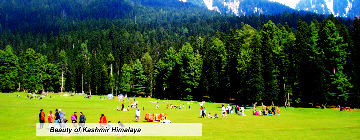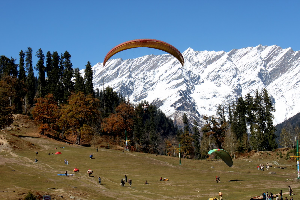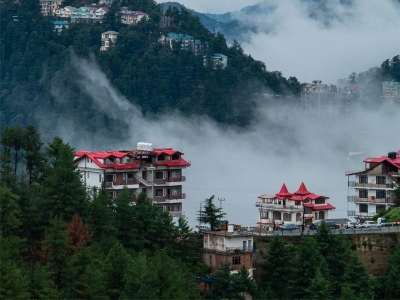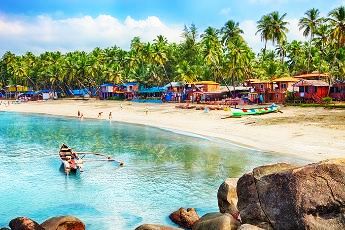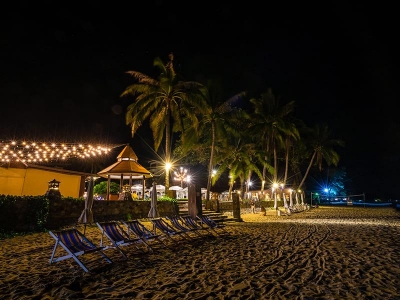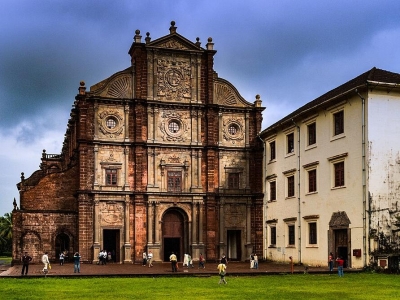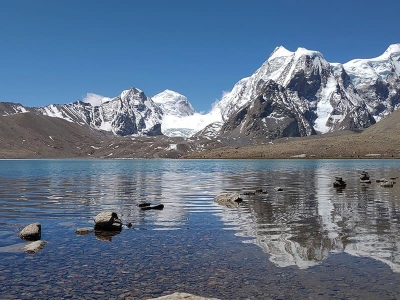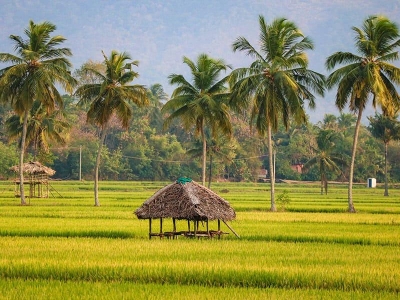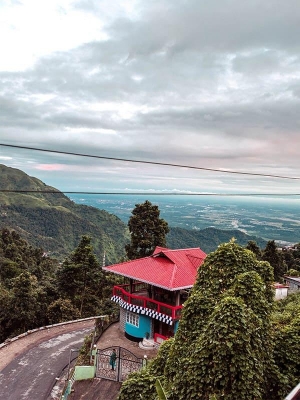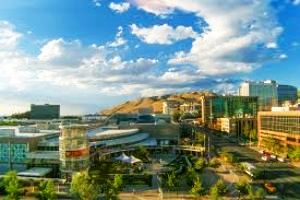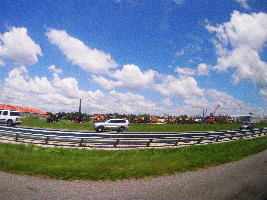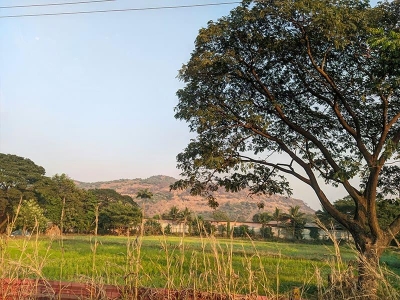About Phang Nga
Phang Nga is one of Thailand's southern provinces Chungta, on the banks of the Andaman Sea and on the banks of the Fang Nga Bay in the south. Neighboring Province north, clockwise is Ranong, Surat Thani and Krabi. In the south is the Phuket province, which is connected to the Sarasin Bridge. Fang Nga is the modern Thai transliteration of the ancient Malay word Pangan, which literally means 'Jungle'.
The phrase 'orang pangan' refers to 'general hygiene, pagan, primitive people' in the context of a generalized tribe, which usually resides in the jungle areas of the Malay Peninsula and its offshore islands. Usually, the King Ram II, in the vicinity of the surrounding areas including the Thalang, now known as Phuket was captured by the Burmese people and so many people fled the Kruptu Naga. In 1824, when Siamese soldiers defeated Burmese and were expelled, then King Ram III changed the name of the area adjacent to the Bay Fung-Naga.
This lack of Malay Pangan proposals shows that the entire area has been inhabited by Orang Asli or other tribal people. In 1933 the city was promoted to the provincial position. On the morning of December 26, 2004, the Andaman Sea coast of the suburbs was devastated by the tsunami and thousands of people lost their lives. Khura Buri district, especially Kora Thong, is called "the paradise of smugglers" and thus is an important entry point in Thailand especially for human trafficking, Rohingya, Uighur and Syrian refugees.
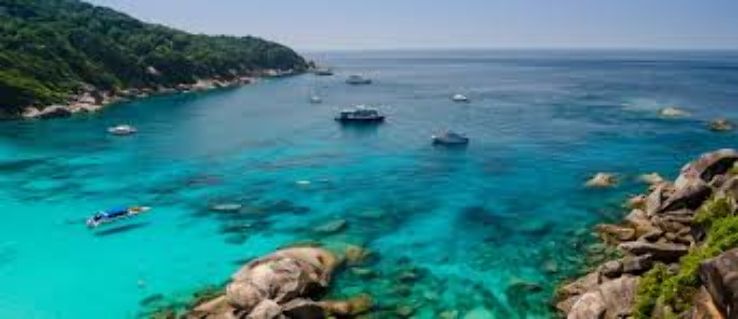
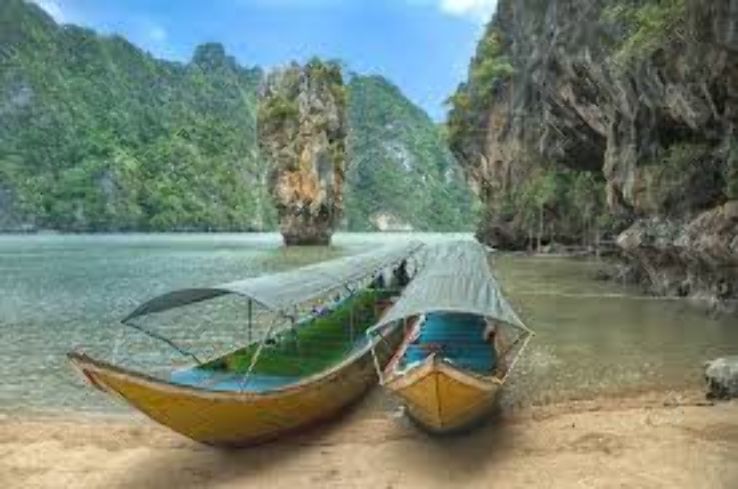


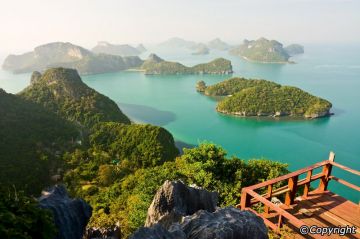
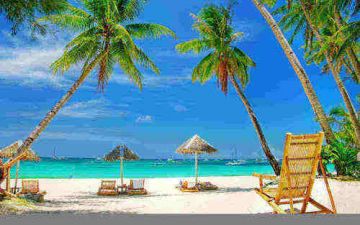
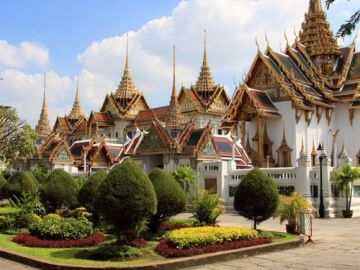





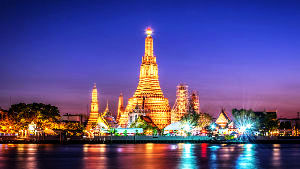
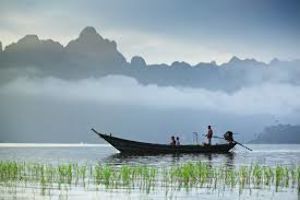
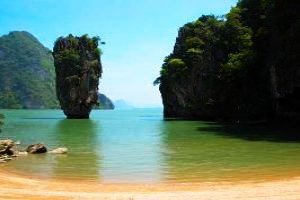
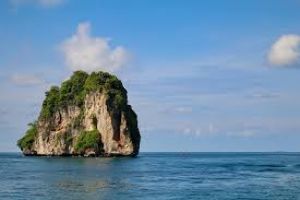
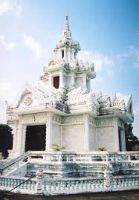
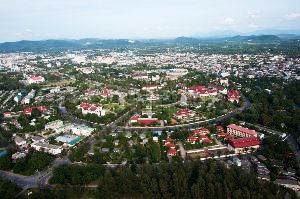
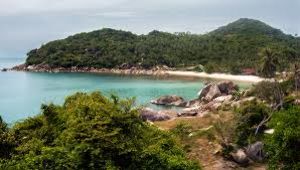
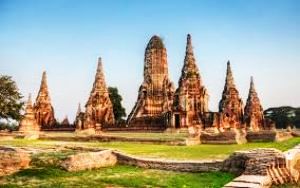
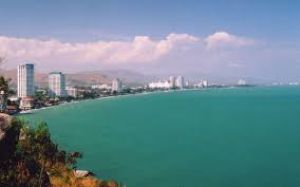
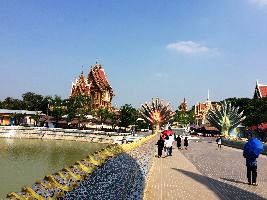
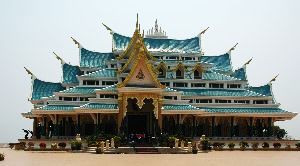
_1515145653m.jpg)
